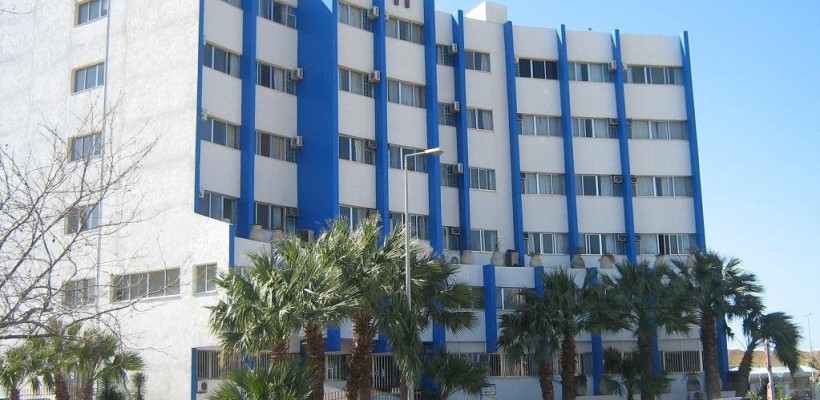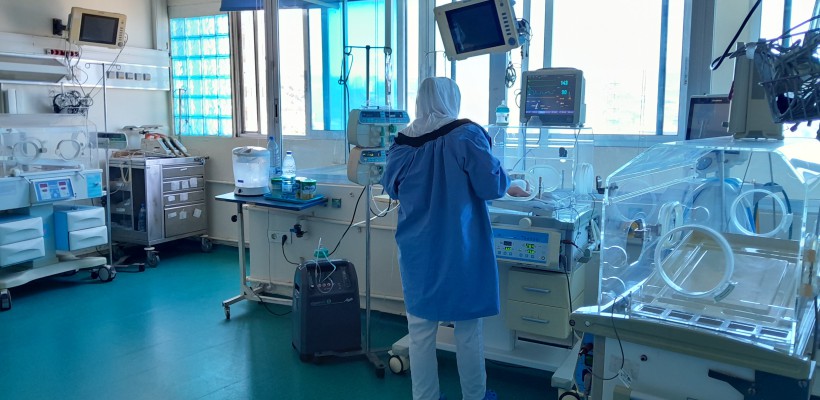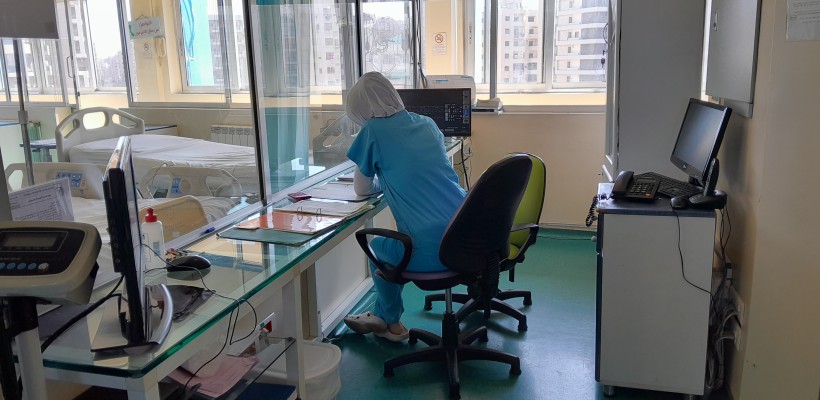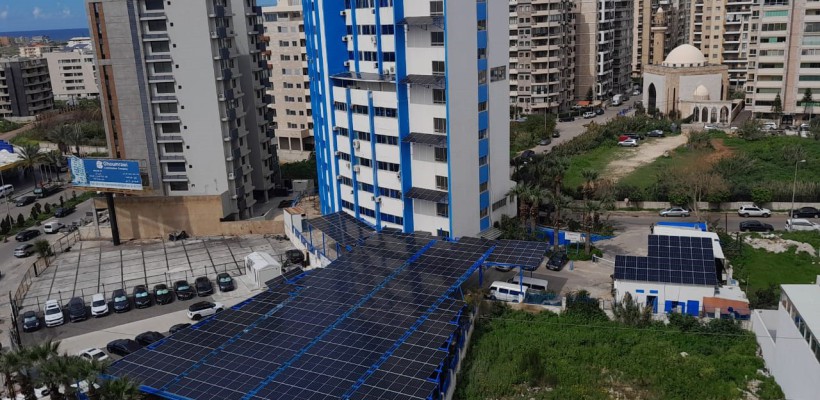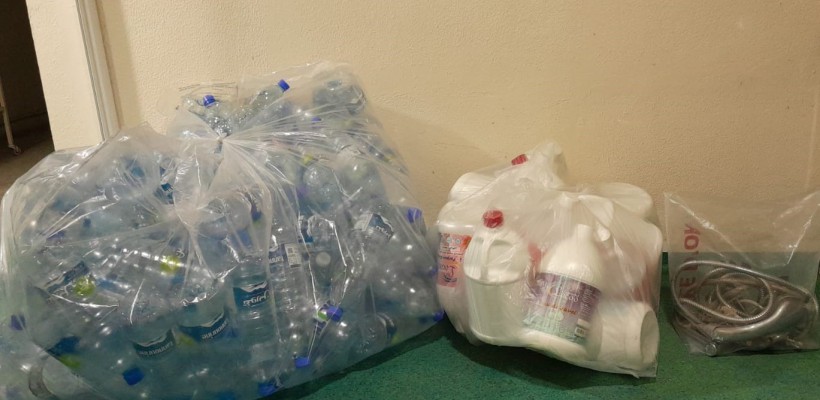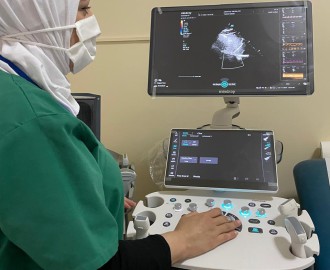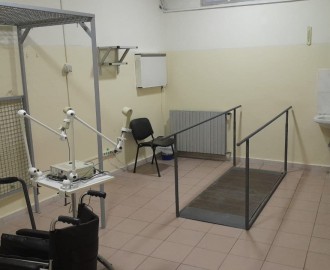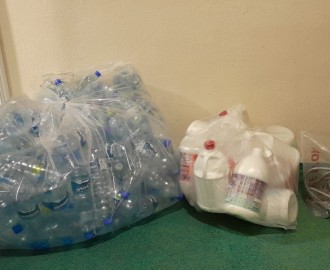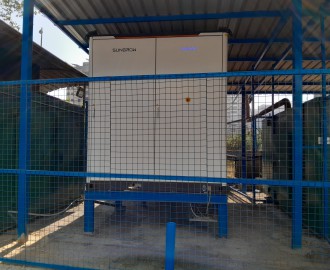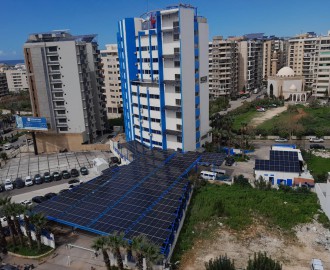Our commitment: Quality, Safety of Care, and Sustainable Development.
What is quality and safety of care?
There are many definitions of quality. One example is the World Health Organization's definition, which states that quality care "must guarantee each patient the range of diagnostic and therapeutic procedures that will ensure the best health outcome, in accordance with the current state of medical science, at the lowest cost for the same result, with the lowest iatrogenic risk, and with the patient's high satisfaction in terms of procedures, results, and human interaction within the healthcare system." Quality is everywhere, at all levels. It is also fundamental to ensuring the safety of care.
Safety of care refers to all measures aimed at preventing medical errors, reducing risks associated with healthcare procedures, and ensuring the quality and safety of patient care. It includes infection management, medication error prevention, adverse event monitoring, and continuous improvement of professional practices. Its primary objective is to ensure effective, safe, and patient-centered care.
What is sustainable development as applied to the concept of a hospital?
According to Ms. Gro Harlem Brundtland (Norwegian Prime Minister (1987)), sustainable development is "development that meets the needs of the present without compromising the ability of future generations to meet their own needs."
In 1992, the Earth Summit in Rio, held under the auspices of the United Nations, formalized the concept of sustainable development and the three pillars (economic/ecological/social): economically efficient, socially equitable, and ecologically sustainable development. With this in mind, the Hôpital de la Paix has been working for several years to take concrete and strategic action to respect the principles of sustainable development, wherever possible at all levels: measures are being taken to reduce food, water, and electricity waste, as well as waste of materials and medication.
Indeed, sustainable development requires sustainable management that will impact all resources and their use within the hospital. Regarding waste, ranging from plastic to medical and electrical waste, the hospital strives to work with ethical and environmentally friendly companies to ensure the sustainable treatment of this waste, which will sometimes be recycled (including plastic, cardboard, paper, metal, batteries, used cooking and mechanical oils, etc.).
For example, the Peace Hospital recycled more than 2,500 small plastic bottles, 3,000 large plastic bottles, 3 tons of paper and 600 kilos of various materials (aluminum, steel, etc.) in 2023.


